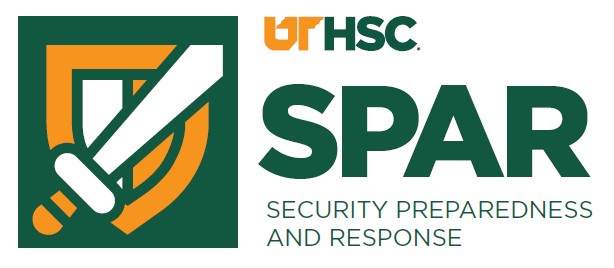Protecting Yourself on Social Media
 According to a report from the American Association of Retired Persons (AARP), more
than 1 in 4 consumers who reported losing money to fraud in 2021 said it started on
social media with an ad, post, or message. Social engineering and phishing doesn’t
happen via email anymore.
According to a report from the American Association of Retired Persons (AARP), more
than 1 in 4 consumers who reported losing money to fraud in 2021 said it started on
social media with an ad, post, or message. Social engineering and phishing doesn’t
happen via email anymore.
The Federal Trade Commission (FTC) reported that social media platforms such as Facebook, Instagram and LinkedIn were gold mines for scammers in 2021. More than 95,000 people reported about $770 million in losses to fraud initiated on social media.
For scammers, there’s a lot to like about social media. It’s a low-cost way to reach billions of people from anywhere in the world. It’s easy to manufacture a fake persona, or scammers can hack into an existing profile to get “friends” to con. There’s the ability to fine-tune their approach by studying the personal details people share on social media. In fact, scammers could easily use the tools available to advertisers on social media platforms to systematically target people with bogus ads based on personal details such as their age, interests, or past purchases.
While investment and romance scams top the list on dollars lost, the largest number of reports came from people who said they were scammed trying to buy something they saw marketed on social media. In fact, 45% of reports of money lost to social media scams in 2021 were about online shopping. In nearly 70% of these reports, people said they placed an order, usually after seeing an ad, but never got the merchandise. Some reports even described ads that impersonated real online retailers that drove people to lookalike websites. When people identified a specific social media platform in their reports of undelivered goods, nearly 9 out of 10 named Facebook or Instagram.
Here are some ways to help you and your family stay safe on social media:
- Limit who can see your posts and information on social media. All platforms collect information about you from your activities on social media but visit your privacy settings to set some restrictions.
- Check if you can opt out of targeted advertising. Some platforms let you do that.
- If you get a message from a friend about an opportunity or an urgent need for money, call them. Their account may have been hacked – especially if they ask you to pay by cryptocurrency, gift card, or wire transfer. That’s how scammers ask you to pay.
- If someone appears on your social media and rushes you to start a friendship or romance, slow down. Read about romance scams. And never send money to someone you haven’t met in person.
- Before you buy, check out the company. Search online for its name plus “scam” or “complaint.”
